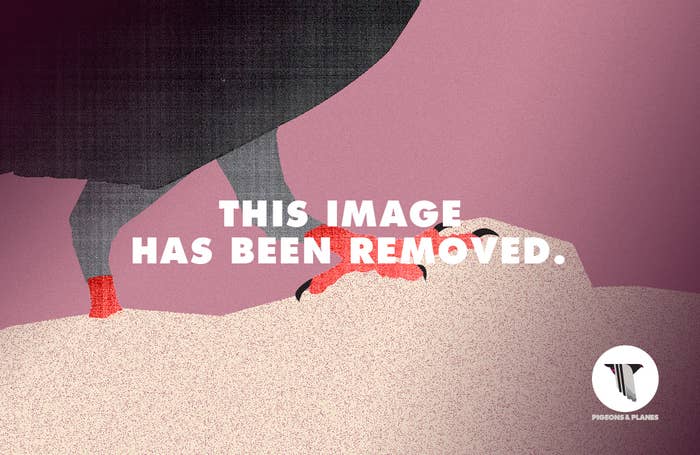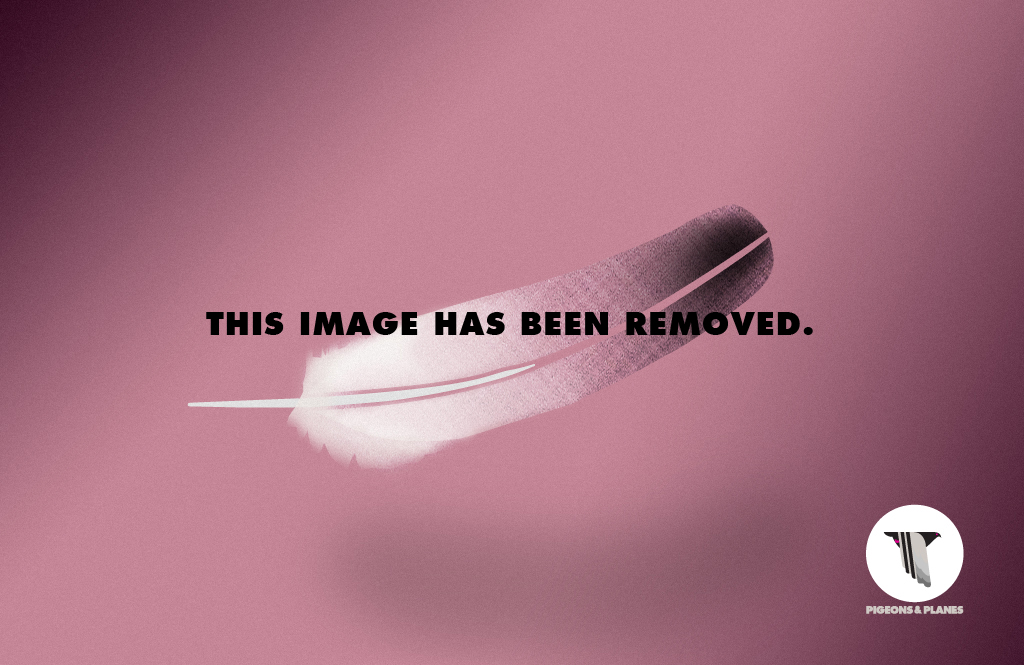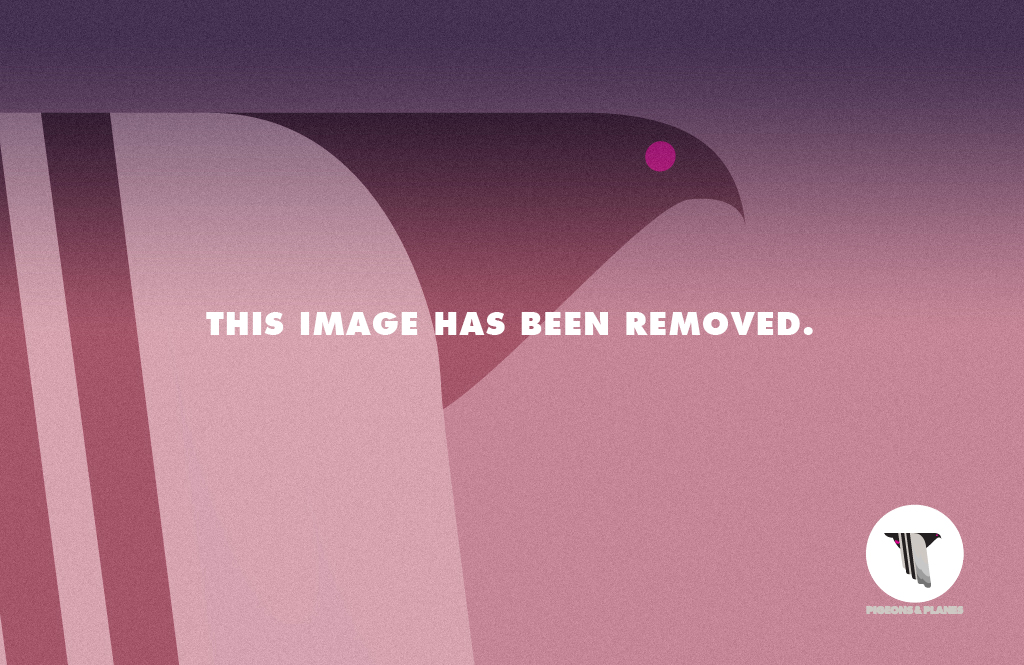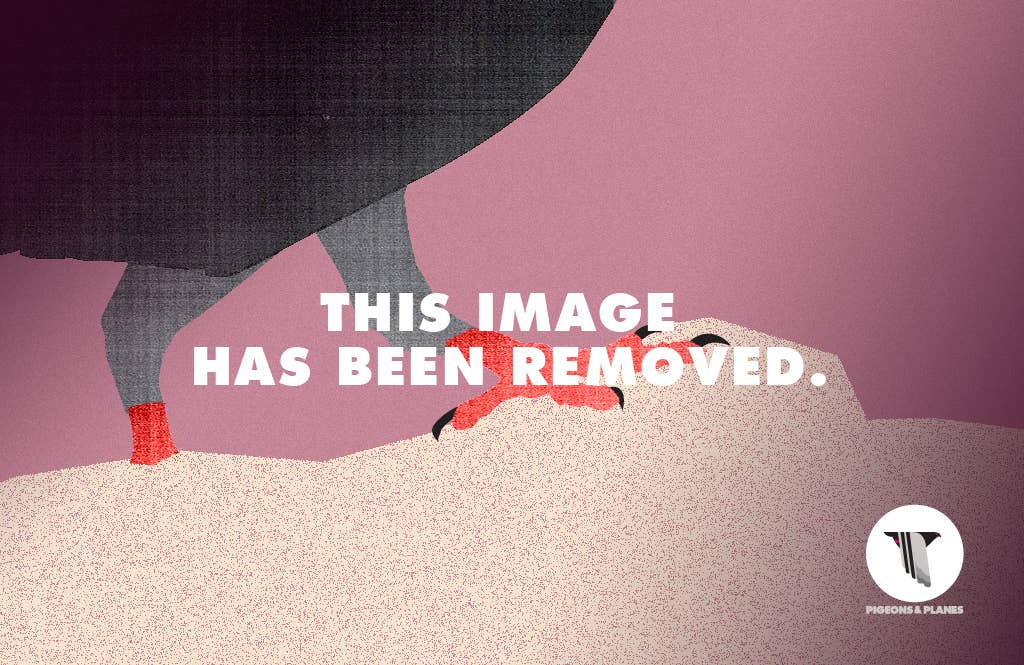1.

oocc Image via LA Times
The Occupy movements that sprung up in cities across the world in 2011 had many ambiguous and intentionally undefined goals, but the issue picked up most ardently by the general public was “income inequality.” The One Percent became the villains in the struggle for America’s soul, and the difference between their earnings and those of the other Ninety-Nine Percent was touted as proof that there was something terribly broken about the economic system. What upset people most was the feeling that the One Percent didn’t deserve this income, that the entire system was rigged in a way that prevented the true value of goods and services from being rewarded. People were fed up. Since that time, income and wealth inequality in the United States have only increased. The One Percent garnered 95% of the income gains since the 2008 recession and own 42% of our nation’s wealth. But there’s a place where the difference between the Haves and the Have-Nots is even more striking, and that’s the music industry.
Music has, at least in the modern era, always been a “Superstar Economy,” one where the winners get filthy rich while the losers struggle to pay their rent. According to a new report by MIDiA Consulting, the top 1% of musical works now account for 77% of artist revenues. The sheer scale of this inequality is staggering, but shouldn’t come as a surprise to anyone familiar with the industry. What should, perhaps, is the fact that digital technologies, often seen as vehicles for the democratization of music, seem to have actually made things worse. While the top 1% of musical works make up 75% of the sales of physical music (CDs, etc.), they make up 77% of downloads, 79% of subscription revenue, and 79% of YouTube and Vevo music plays. As the streaming takeover of the music industry continues, it seems that more and more wealth will be put in the hands of superstar artists. But why is that?
While it would be convenient if we could blame some menacing megacorporation (like Clear Channel) forcing us to listen to superstars, that just isn’t the case in the digital world. We have unlimited choice and yet we still opt to spend the majority of our time rocking out to The One Percent. The MIDiA report identifies two main reasons for this. The first is the issue of “dilution of quality,” essentially the fact that there are a lot of shitty songs on Spotify. This is true, but it’s not the whole story.
The problem is that in most digital services the ‘front page,’ the main spirit guide, is so feeble that people end up listening to the same artists over and over, funneling money straight to The One Percent.
The second reason, which is the one that Spotify and Beats Music seem to be actively working to correct, is the “tyranny of choice.” Many people are, understandably, dumbfounded by a single search bar standing between them and 25 million songs. It’s intimidating. They could listen to anything, but they don’t know what they want. They need someone to show them the way. The problem is that in most digital services the “front page,” the main spirit guide, is so feeble that people end up listening to the same artists over and over, funneling money straight to The One Percent. The good news is that Spotify and other streaming services appear to have identified this as a problem, and are investing significant cash into building a better system for serving up music.
3.

Image via Berkeley Political Review
Spotify recently acquired The Echo Nest, one of the premiere specialists in music data, for a rumored $100 million. At SXSW, The Echo Nest’s Paul Lamere spoke about his vision for the digital future, and he seems to have an eye firmly on the tyranny of choice. Lamere divided music listeners into four groups: savants, enthusiasts, casuals, and indifferents. He said around 10% of listeners are savants, for whom music almost encompasses their lives. They spend money to the tune of $1,000 or more a year on it. Another 20% are enthusiasts, who spend maybe $100 a year on music, but have other interests as well. These two groups of listeners aren’t the problem, it’s the other 70% we have to worry about.
These 70%, the casual and indifferent consumers, need streaming services to become as user-friendly as radio, but with something that sets them apart. Their expansive catalogs could be that thing, but right now they aren’t being utilized properly. “This is really a UX (user experience) problem now,” Lamere said. He thinks one way to improve streaming services is the addition taste profiles for users, combined with contextual recommendations. “You can imagine in the near future a music player where you hit the play button, and it knows it’s Paul, it’s 10 in the morning, he’s in the coffee shop,” he says.
Beats is meant to be a curated recommendation service first, playlist creator second. They are hoping the casuals and indifferents can be lured by star power and superior taste.
One of Spotify’s new competitors, Beats Music, is going at the problem of tyranny of choice in an even more comprehensive way than Lamere outlines. Along with elements of both taste profiles and context, Beats has enlisted the help of celebrities and experts to create playlists they believe people will find more compelling than those created by users. According to a recent New York Times article, Beats is meant to be a curated recommendation service first, playlist creator second. They are hoping the casuals and indifferents can be lured by star power and superior taste.
Maybe we’ll find out that Katy Perry all day (every day) is what we wanted all along.
If Paul Lamere or Beats Music can succeed in engaging that elusive 70%, there’s a chance they could bring more parity to the music industry by using technology to break the stranglehold superstars have on revenue. But perhaps it’s overly optimistic to think that if the streaming gods show people what they actually want to listen to, that crystal ball will include more Ninety-Nine Percenters. Maybe we’ll find out that Katy Perry all day (every day) is what we wanted all along.
5.

Image via Nieman Lab

